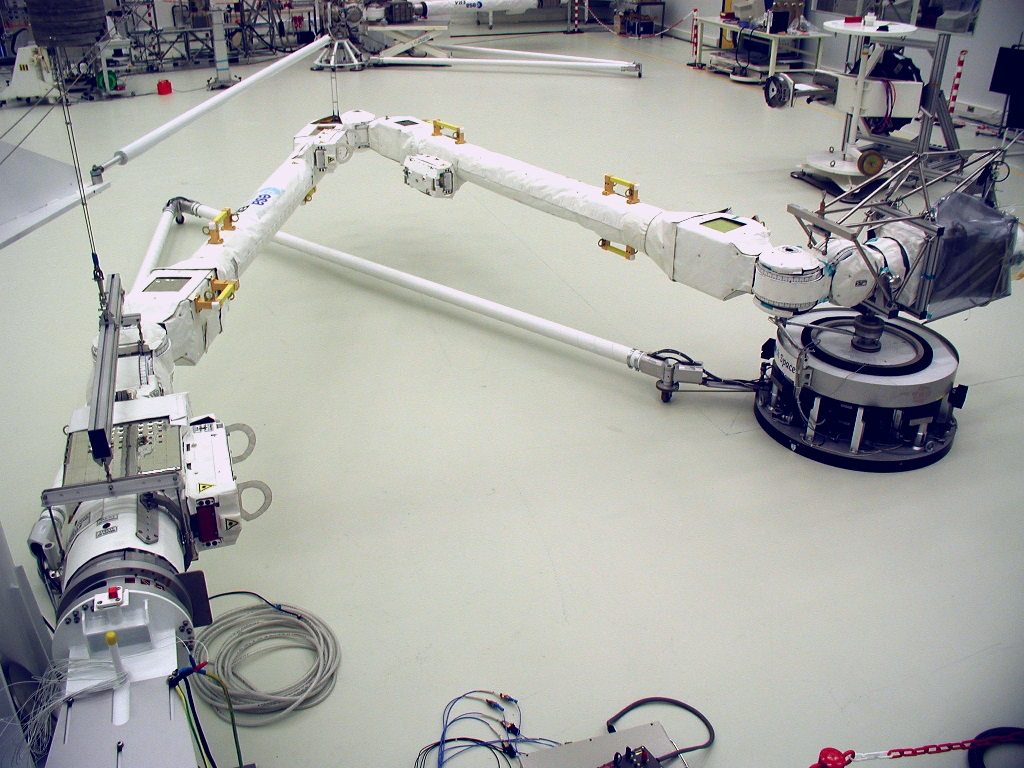Aerospace Aerospace news Air Cargo News Airbus news Aviation news Business News Cargo News Communications News Consumer News Defense News Economic News Economy News European News Finance News Global Politics International News Joint Venture News Manufacturing & Assembly News Military Military News News Space News stock stock news transport Transportation Transportation News
Airbus Built European Robotic Arm Ready for Space
Airbus (OTC: EADSY) space engineers have installed ESA’s European Robotic Arm (ERA) onto the Russian Multipurpose Laboratory Module (MLM) and it is now ready for its flight to the International Space Station (ISS). Together with…
